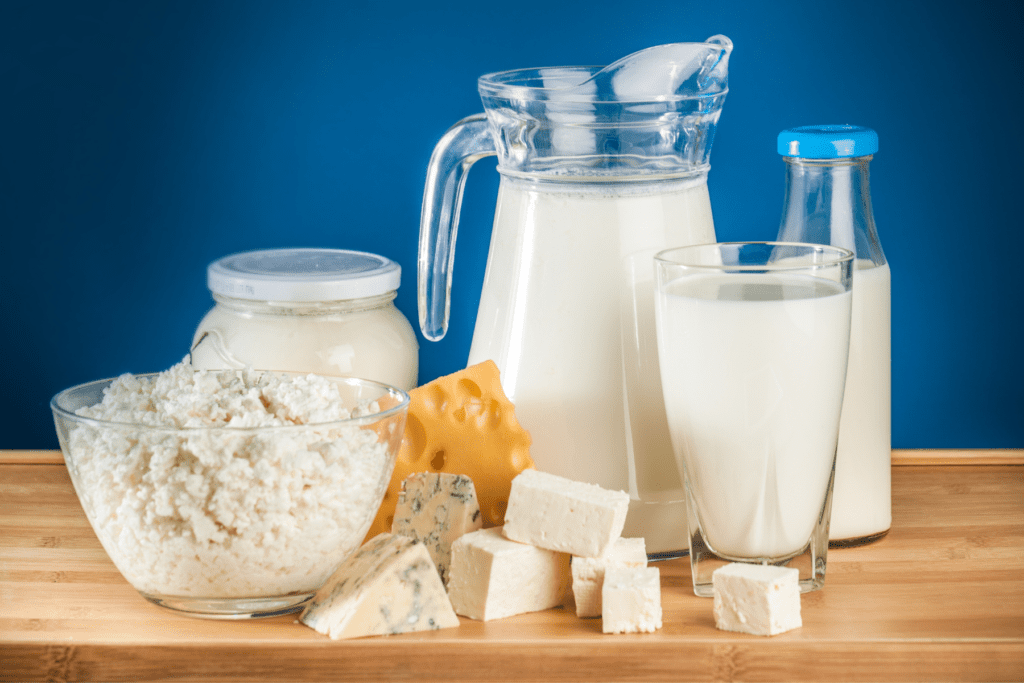The International Dairy Federation (IDF) today released a new Bulletin, which provides an overview of some key technological, microbiological and nutritional aspects of milk pasteurisation and reaffirms that the process does not significantly impact the nutritional properties of milk. From an evaluation of the best available science, it concludes that drinking pasteurised milk is still the best way to obtain milk’s many health benefits.
“This Bulletin clearly confirms the public health advantages of milk pasteurisation from a microbiological perspective and the scientific basis demonstrating that it does not affect the nutritional value of milk,” said lead author Kieran Jordan. “It is an important review that furthers our knowledge of food safety and quality.”
“We are pleased to present this new publication on pasteurisation, a process that is crucial for the dairy sector and a major tool for public health protection,” said IDF Director General Caroline Emond. “Dairy safety is one of IDF’s top priorities and there has long been a need for an updated review on milk pasteurisation.”
The Bulletin will be valuable not only to the dairy sector but also to other food sectors. The technology aspects cover different pasteurisation processes and their verification. The microbiology aspects include information on the extension of shelf-life and on the microflora before and after pasteurisation. Finally, the nutrition section confirms that pasteurisation has little impact on the nutrition of milk, including little impact on milkfat, protein, enzymes, vitamins or minerals.
It was prepared by the joint Action Team (AT) of the IDF standing Committees on Microbiological Hygiene (SCMH), Nutrition and Health (SCNH) and Dairy Science and Technology (SCDST), under the lead of Kieran Jordan (IE).











